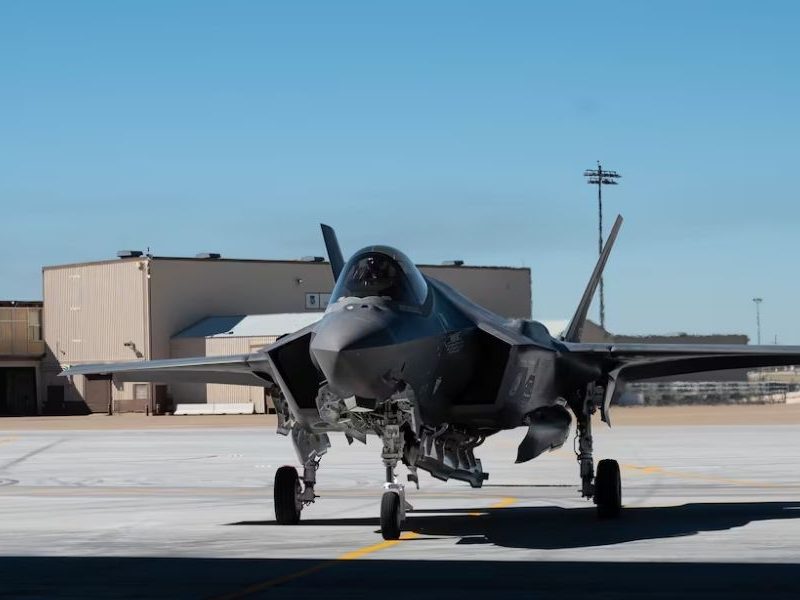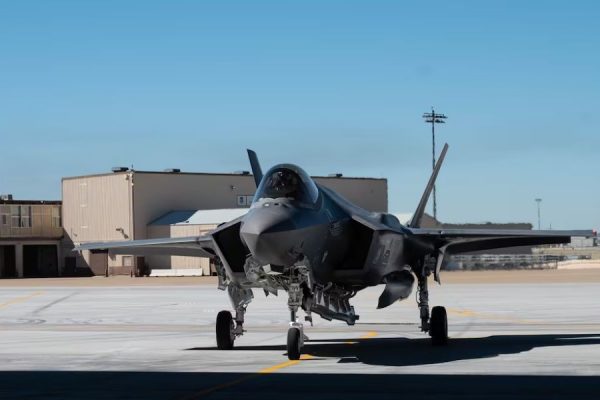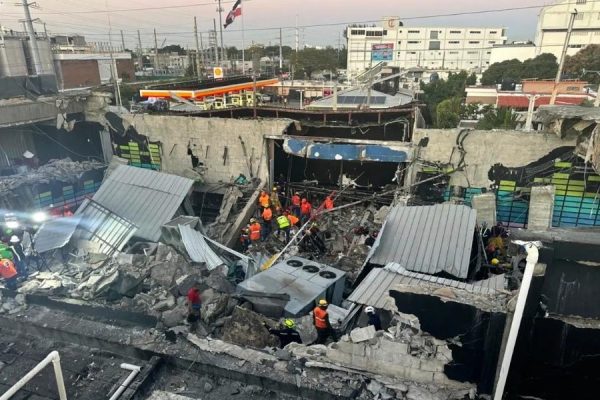Damascus: The new authorities in Syria have intensified security operations in response to growing unrest following their takeover. On Thursday, a significant crackdown began in Tartous province, a coastal area where 14 police officers were killed a day prior. This marks one of the most severe challenges to the Sunni Islamist-led government since it ousted Bashar al-Assad on December 8.
Security Operations in Tartous
The government announced the operation in Tartous to restore order and eliminate remnants of Assad’s loyalist militias, which it accused of orchestrating the attack. Tartous, home to many members of the Alawite sect—historically aligned with Assad—has become a flashpoint for sectarian tension.
The state news agency SANA reported that security forces are committed to ensuring “stability and civil peace” while addressing threats in the region. This follows a troubling video circulating online showing an Alawite shrine in Aleppo set ablaze, further fueling concerns of sectarian strife.
Sectarian Tensions and Reports of Violence
Despite assurances from the ruling Hayat Tahrir al-Sham (HTS)—a former al-Qaeda affiliate—that minority groups would be protected, tensions remain high. In Damascus, Alawite community leaders have reported cases of religiously motivated violence, including homes being vandalized and individuals being attacked.
Ali Dareer, an Alawite sheikh, accused unidentified groups of attempting to incite discord. “There have been violations, but we must remain committed to peace,” he said. Dareer emphasized the need for unity and called on the new government to ensure the protection of all citizens.
Efforts to Promote Civil Peace
The newly appointed governor of Latakia, Mohammed Othman, has been meeting with Alawite leaders to foster community cohesion. The government has also imposed a media ban on sectarian content to prevent the spread of divisive narratives.
In a statement, Syria’s information ministry emphasized its commitment to maintaining civil peace and discouraging inflammatory rhetoric.
International Reactions
Iran, a long-time ally of the Assad regime, has expressed concern over recent developments. Supreme Leader Ayatollah Ali Khamenei recently urged Syrian youth to stand firm against those he claimed were causing insecurity in the region.
Syria’s new foreign minister, Asaad Hassan al-Shibani, responded by calling on Iran to respect Syria’s sovereignty and avoid exacerbating tensions. “We hold them accountable for the repercussions of their remarks,” he said.
Looking Ahead
As Syria grapples with this volatile transition, the new leadership faces the dual challenge of managing sectarian tensions and establishing stability. With ongoing unrest and international scrutiny, the path to civil peace remains fraught with uncertainty.
This delicate moment in Syria’s history will likely determine the future of its people and the region’s stability.












